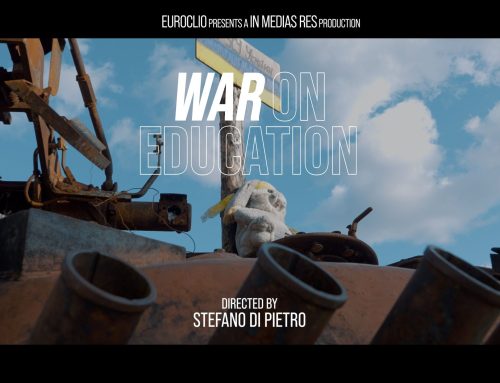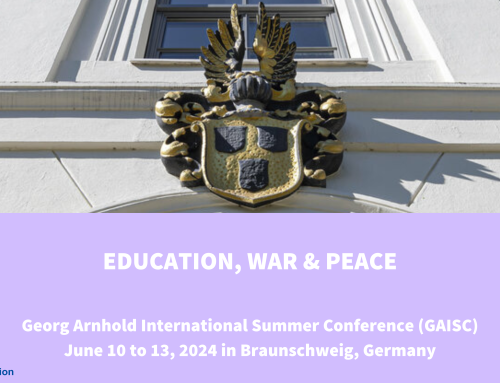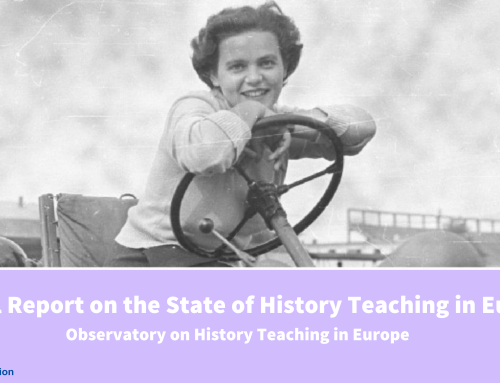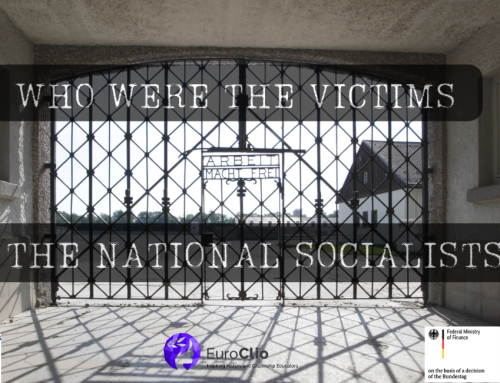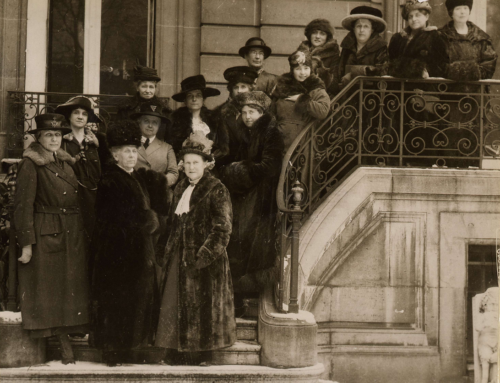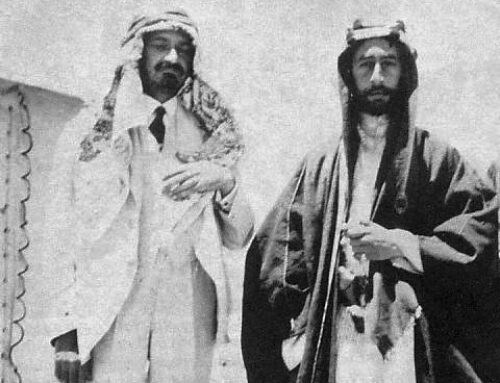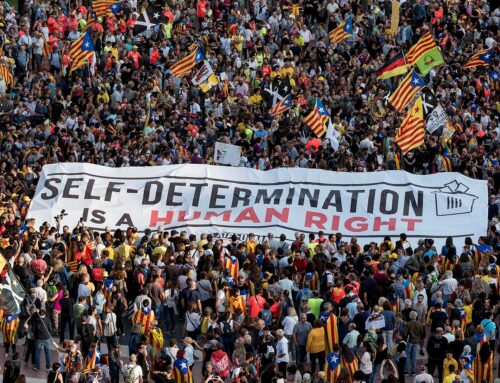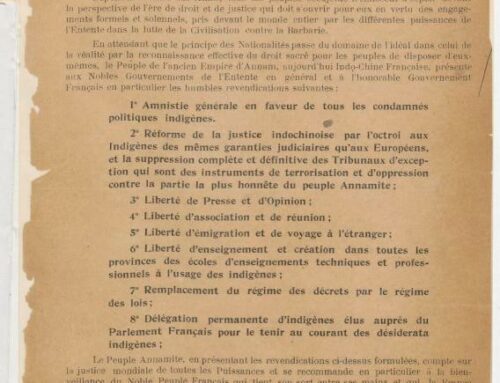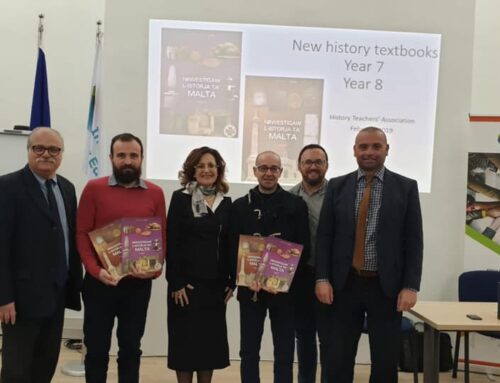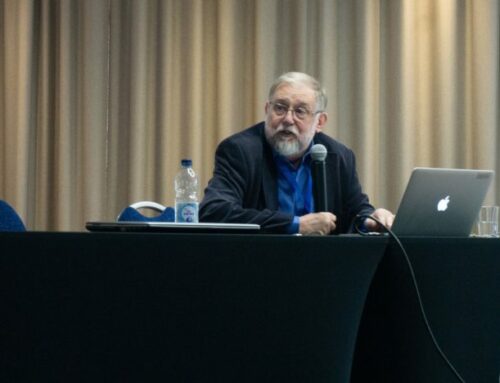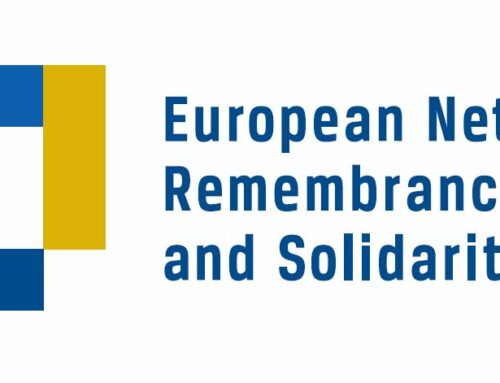Sunday 22nd October to Saturday 28th October 2017 both in Krakow and in Oswiecim.
Training seminar in conjunction with the Auschwitz-Birkenau International Centre.
Context:
The passing of the last remaining survivors of this dark chapter in the history of Europe inevitably raises the
question of how we can ensure that remembrance of the Holocaust is kept alive in the absence of those who
witnessed it directly. We therefore need to increase the number of ways of passing on this remembrance.
This can be done by: developing a network of authentic places of remembrance of the Holocaust and of the
Resistance in Europe which have an educational or didactic dimension; ensuring that the Holocaust (including
the diversity of its victims and the role of anti-Semitism in Europe) is taught on school curricula; and continuing
to deepen awareness of history in general. These are challenges for all social stakeholders, including public
authorities and non-governmental organisations, from the local to the European level.
Consistently and over a number of years, the brunt of the struggle for remembrance has been borne by
community associations who refuse to let the historical experience of their community be forgotten or denied.
The purpose of this struggle has been to force states and public authorities to recognise their role in and their
responsibility for the genocide that occurred. In some European countries, this debate is still raw and difficult.
However, this issue, like many others, is integral to how we live together and to our common responsibility to
ensure inclusive societies. It is the future of our democracies that is at stake.
The seminar
In conjunction with the Auschwitz-Birkenau State Museum’s International Centre for Education about
Auschwitz and the Holocaust, the seminar aims to:
- Ensure that representatives of NGOs (INGYOs, member associations of the NGO Liaison Committee,
community organisations, etc.) have a solid, historical knowledge of the Holocaust, the history of
Auschwitz-Birkenau and the diversity of its victims, including Roma. This will include a visit to the
camps of Auschwitz-Birkenau and their various blocks; - Provide information on the Jewish presence and its traces in Krakow;
- Promote educational practices relating to remembrance of the Holocaust and the prevention of
crimes against humanity, particularly in informal educational contexts; - Reflect on the specific role of NGOs in passing on the remembrance of the Holocaust and the prevention
of crimes against humanity, and, more generally, the passing down of knowledge to future generations.
Participants
A maximum of 35 voluntary sector leaders from:
- Member associations of the NGO Liaison Committee
- INGYOs, in conjunction with the youth sector
- Community organisations
A maximum of five representatives from public bodies with an interest in the topic (less specifically in the
remembrance of the Holocaust than in the role of NGOs in passing it on) could also participate in the seminar.
The language of the seminar will be ENGLISH. The Council of Europe will cover the travel costs and boarding
and lodging.

